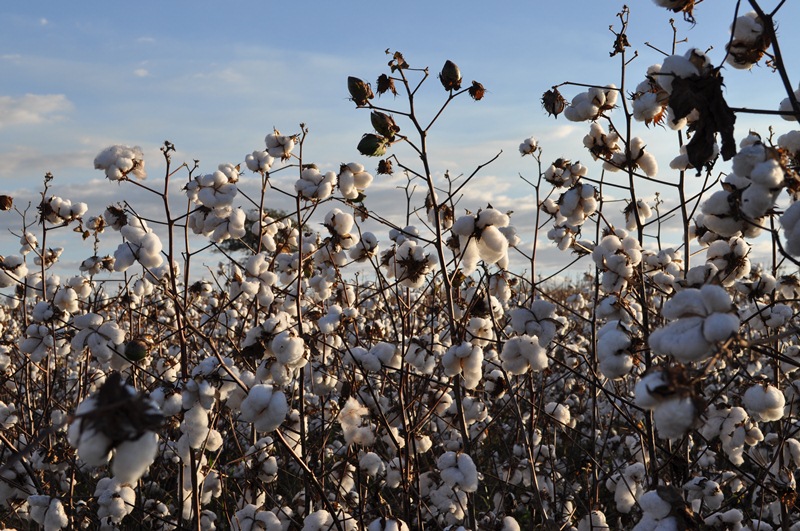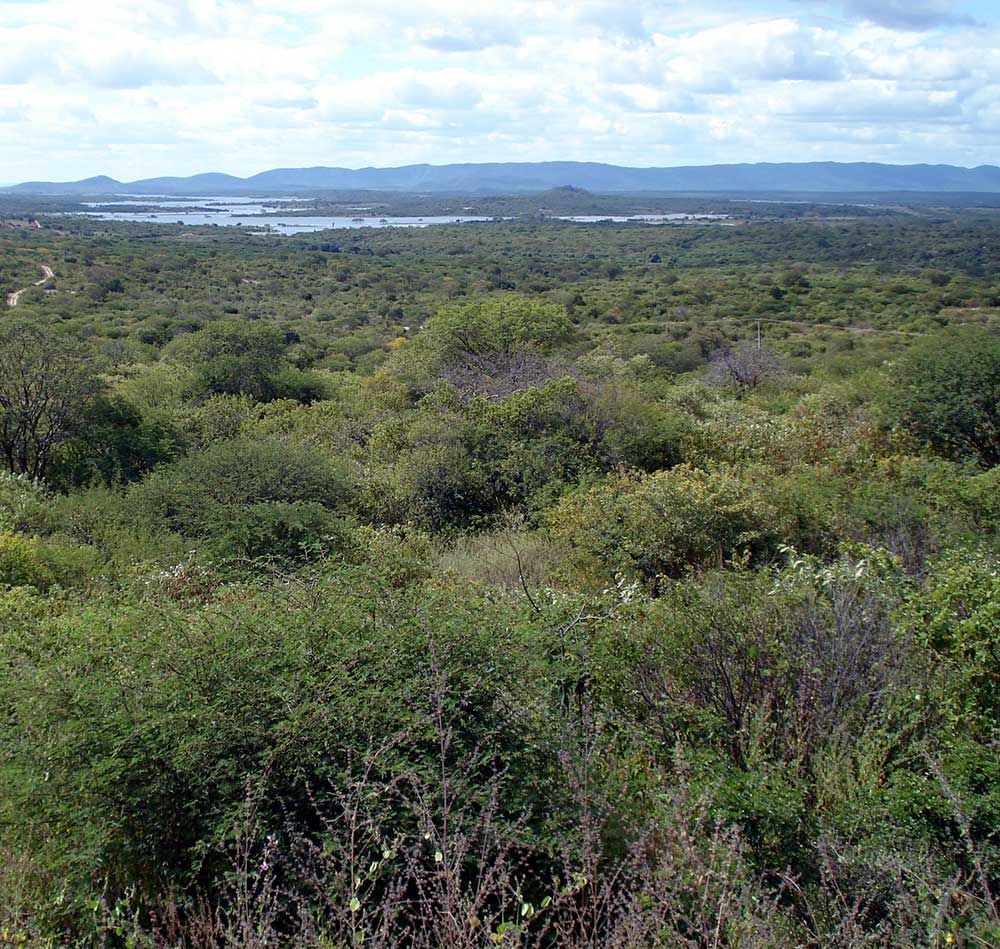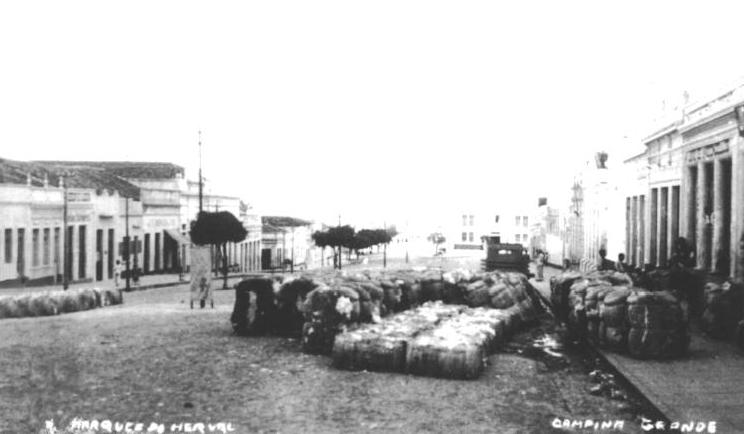Serra da Borborema has a lot to tell about the troopers and cotton

The trooper activities began in Brazil in the early eighteenth century and lasted until the twentieth century, more precisely until the 60s, when they were gradually replaced by the truck driver. The word “troopers” comes from troop, a reference to the animal guider troops, like cattle, or those carrying goods as workhorses.

In the 1930s, at Campina Grande, state of Paraiba, the city was the 2nd world’s largest cotton exporter. The 1st was Liverpool, England. And Borborema Troopers made it happen the called “White Gold” cycle.
In Paraíba, the history of cotton can be told through the story of Borborema Troopers (Tropeiros da Borborema). These brave men leading donkeys with loads of cotton and other products in a dangerous mountain, the most known then as “Serra da Viração”(Tumble Mountais) – due to the high number of accidents.
See the description of Francisca Vieira, CEO of Natural Cotton Color – NCC Ecobrands:
“My father, as a boy, was on top of the shoulder yokes in the middle of the cotton cargo accompanying my grandfather in the journeys. My grandfather was a trooper and had one of the largest herds of donkeys in the region.
The route of delegations could last a month. On the way they stopped at ranches made of wooden poles and covered with tree branches. They would light a fire and roasted dried meat and ate with manioc flour and raw cane sugar. They went in delegation from the city of Itaporanga, where I was born, and arrived in Campina Grande, Rainha da Borborema (Borborema Queen) where they unloaded the cotton burdens. They returned home with supplys such as corn, rice and beans.

Borborema plateau. Itaporanga, Paraíba.
My father, as a boy, was on top of the shoulder yokes in the middle of the cotton cargo accompanying my grandfather in the journeys. My grandfather was a trooper and had one of the largest herds of donkeys in the region.
The cotton was unloaded in Marques de Herval Street and the animals were grazing and waiting for the new loads on the old dam edge, facts which I confirmed by the photographic collection of Edson, exposed in the restaurant Manoel da Carne de Sol. Then my father with my grandfather diversified their business and began selling raw cane sugar to another state, Ceará, and my father was in charge of this new trade.
After the death of my grandfather, my father inherited his own farm and started planting cotton, have their own warehouse and have reached the first truck in the city.
Today, with my late father and me working with colored cotton, I could not fail to tell a little of this beautiful story that is reinforced on the teacher’s text José Romero * and end with the letter of the Drovers Borborema music, Luiz Gonzaga.”

Photo of the Marquês do Herval Street, in 1936, when there worked one of the cotton marketing sites, which spread great burdens of “Ouro Branco” (White Gold) under the responsibility of the great gender marketers with established firms in central City. The photo of authorship is unknown but is credited to the private collection of Leda Santos Andrade, used in the term paper of Julio Cesar Melo de Oliveira, in the course of Bachelor of Geography UFPB 2007.
To overcome the obstacles posed by the Planalto da Borborema (Borborema Plateau), leading troops of donkeys, they had to be very brave. According to the teacher Inês Lopes Rodrigues in ‘Princess of Revolt: Contribution to the Study of Local Despotism’, the geographical barrier was a major impediment to the flow of country production, which explains in part the decisions of producers of polarized region by Princesa to look at the time to Pernambuco to implement business.
The Borborema Troopers synthesized the unprecedent courage of the small-town people to overcome barrier, which is why immortality raised in eternal composition of Asfora and Cavalcanti has the characteristic of being timely and pioneer in tribute to great human beings who are now represented in the monument at Campina Grande.
The beautiful song recognizes in its final choruses that Campina Grande only has its greatness due to the presence of so-called Luiz Gonzaga do Nascimento, responsible for perfect voice for eternity music, because when the eternal ‘Rei do Baião’ (King of Baiao) played ‘Tropeiros da Borborema’ (Borborema Troopers) immediately laid the foundation of immortality this masterful poetry emerged in northeastern of the former Vila Nova da Rainha. Due to the presence of several companies developing cutting-edge technology, with emphasis yet to studies and experiences that resulted in impressive fibers of colored cotton, which are proud of the city of Campina Grande and reasons that have made it known internationally as a dynamic and creative hub of a northeast that needs and can grow in ever increasing intense.”
(*) José Romero Araujo Cardoso. Geographer. Associate professor of the Department of Geography of the Faculty of Philosophy and Social Sciences of the University of Rio Grande do Norte.
Music honors Tropeiros Borborema
 Organic and Natural Cotton Color
Organic and Natural Cotton Color